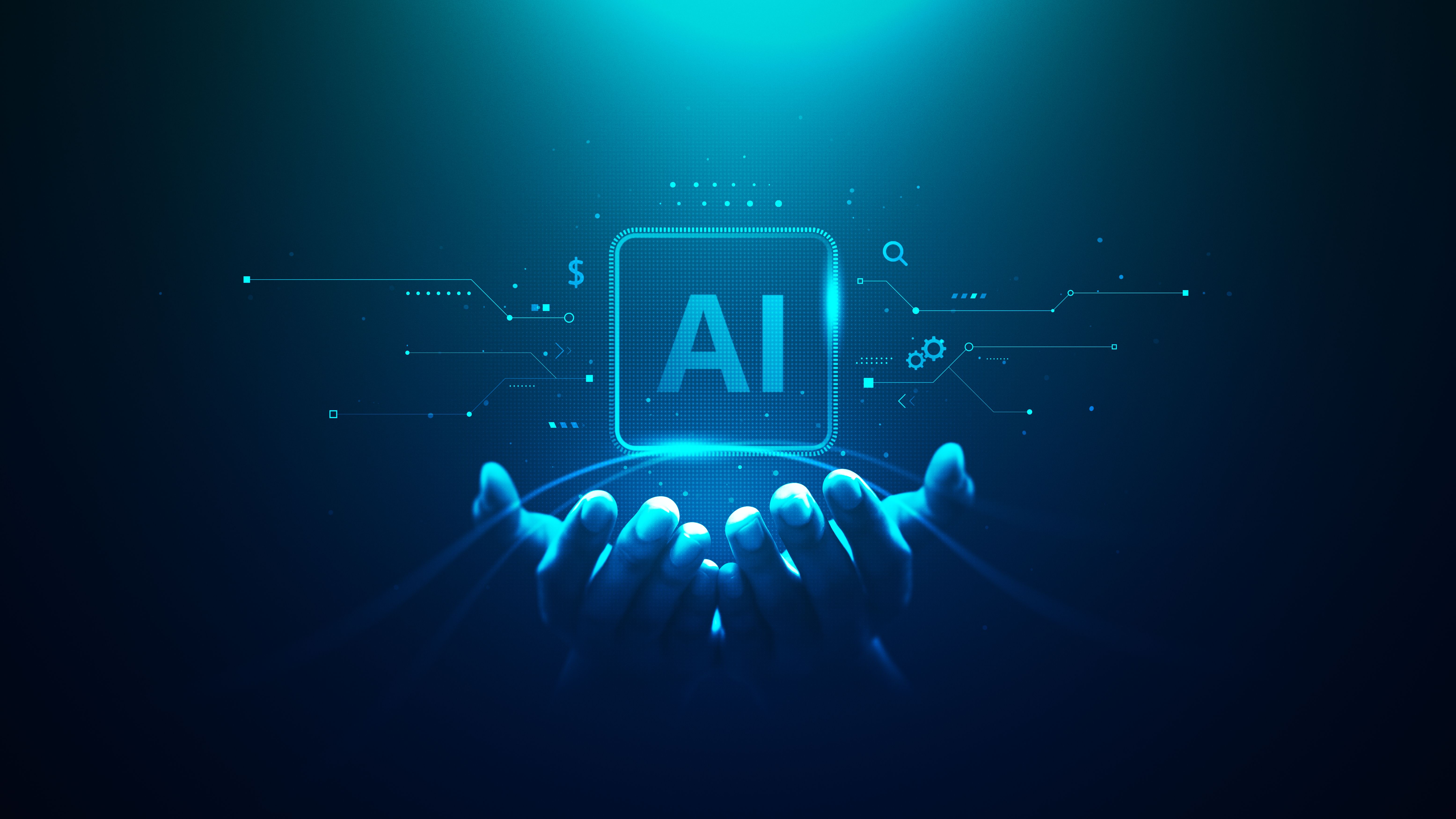AI in Small Business: Threat or Opportunity?
Bl
Understanding AI in the Context of Small Business
Artificial Intelligence (AI) has rapidly evolved from a futuristic concept to a tangible technology that impacts various aspects of our daily lives. For small businesses, the onset of AI presents both challenges and opportunities. While some view AI as a potential threat to traditional business models, others perceive it as a powerful tool to enhance efficiency and competitiveness.
Small businesses often operate with limited resources, making efficiency a critical concern. AI can offer solutions to streamline operations, optimize customer interactions, and even predict market trends. However, understanding how to leverage AI effectively is crucial for small businesses aiming to harness its benefits without falling into potential pitfalls.

AI as an Opportunity for Growth
One of the most significant opportunities AI offers to small businesses is the ability to automate routine tasks. From managing customer inquiries through chatbots to automating inventory management, AI can free up valuable time for business owners and employees to focus on more strategic activities. This automation not only enhances productivity but also reduces human error.
Moreover, AI can provide small businesses with insights that were once available only to larger corporations with substantial data analytics budgets. Tools powered by AI can analyze customer data to provide personalized marketing strategies, improving customer engagement and retention. By utilizing these insights, small businesses can compete more effectively with larger competitors.

Cost Considerations and Implementation Challenges
Despite the numerous advantages, implementing AI can be daunting for small business owners. The initial costs of adopting AI technology may appear prohibitive, especially for businesses with tight budgets. However, it is crucial to consider the long-term savings and revenue growth potential that AI can deliver through increased efficiency and productivity.
Another challenge is the lack of expertise in AI technology among small business owners and their staff. Investing in training or partnering with AI service providers can help bridge this gap, ensuring that businesses can effectively integrate AI into their operations without disruptions.

Addressing Concerns About Job Displacement
A common concern about AI is its potential impact on employment. Many fear that automation will lead to job losses, especially in roles that involve repetitive tasks. However, rather than replacing human jobs, AI can augment them by taking over mundane tasks and allowing employees to focus on more creative and complex problem-solving activities.
Small businesses can also use AI to create new roles focused on managing and optimizing AI tools, offering employees opportunities for upskilling and career advancement. By embracing this shift, businesses can foster a more dynamic and innovative workforce.
The Future of AI in Small Business
Looking ahead, the integration of AI in small businesses is expected to grow as technology becomes more accessible and affordable. The key for small business owners is to stay informed about AI advancements and continually explore how these technologies can be adapted to fit their unique needs.
Ultimately, whether AI is perceived as a threat or an opportunity depends largely on how it is implemented within the business. By approaching AI with an open mind and a strategic plan, small businesses can position themselves to thrive in an increasingly digital world.

